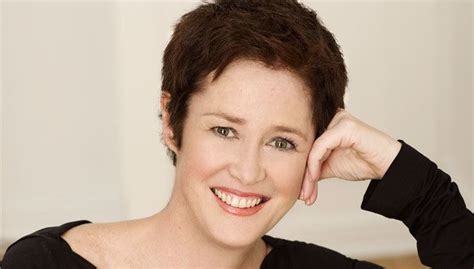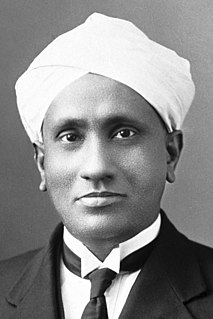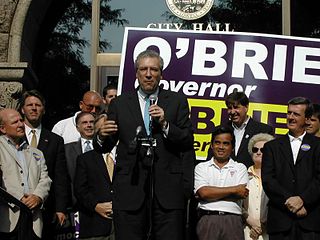A Quote by Angela Rayner
Working-class students more often lack the advice, guidance and support needed to navigate the tricky application process, whereas their wealthy peers at top public schools have admissions tutors to help their students game the system.
Related Quotes
Apparently almost anyone can do a better job of educating children than our so-called 'educators' in the public schools. Children who are home-schooled by their parents also score higher on tests than children educated in the public schools. ... Successful education shows what is possible, whether in charter schools, private schools, military schools or home-schooling. The challenge is to provide more escape hatches from failing public schools, not only to help those students who escape, but also to force these institutions to get their act together before losing more students and jobs.
I support charters, but the right kind of charters. I support charters that support kids who have the highest needs. A charter should be targeting students who are in serious trouble. It should serve students who didn't succeed in public schools when it can help them. Or, at least, charters should agree to accept similar proportions of the kids with the highest needs.
The American Federation of Teachers has a long track record of working with administrators, parents, and communities to provide real help to struggling students and low-performing schools. We've learned that intensive interventions, proven programs, and adequate resources can transform students' lives and their schools.
I have find that today's students are often more tolerant of human variance than students in earlier generations might have been. On the other hand, some of our students need much more interaction with a wide variety of peers so they level of understanding deepens and so they are prepared to live in a world that is only going to get smaller.
Arriving to class late is disruptive of the learning process. I think that it is disrespectful to both the instructor and the students. I generally find a problem with students being tardy to my 9:10 a.m. class, in which students would come in thirty minutes late to this fifty minute class. I started locking my door at 9:15 second semester.
Unlike public universities and private, not-for-profit colleges, for-profit schools are owned by revenue-seeking businesses often more intent on boosting their bottom line than educating their students. They use hard-sell tactics to recruit prospective students, and veterans have become particular targets.
There are many in East Asia who simply judge students on the basis of national tests. The top universities in the United States do not do that, and for good reason. We need a careful process for admissions that take all sorts of factors into account: different intellectual strengths, artistic expression, economic standing, social background, ethnicity, regional representation and designs a class as a balanced whole.
Public education for some time has been heavily focused on what curricula we believe will be helpful to students. Life-Enriching Education is based on the premise that the relationship between teachers and students, the relationships of students with one another, and the relationships of students to what they are learning are equally important in preparing students for the future.
































